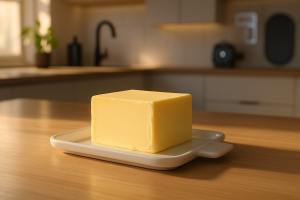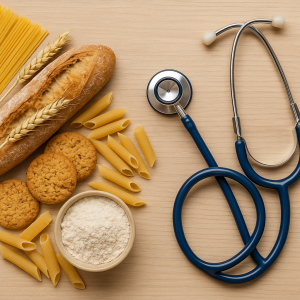 Roasting meat at high temperatures has been a topic of debate for several years now, with some people claiming that it can cause cancer and other health problems. In this article, we will explore the facts and myths surrounding this issue and help you determine whether roasting meat at high temperatures is unhealthy and if it causes cancer.
Roasting meat at high temperatures has been a topic of debate for several years now, with some people claiming that it can cause cancer and other health problems. In this article, we will explore the facts and myths surrounding this issue and help you determine whether roasting meat at high temperatures is unhealthy and if it causes cancer.
First, let’s look at the scientific evidence behind the claims that roasting meat at high temperatures is unhealthy. There is some evidence to suggest that cooking meat at high temperatures over 150ºC produce harmful compounds, such as polycyclic aromatic hydrocarbons (PAHs) and heterocyclic amines (HCAs). These compounds are known to be carcinogenic and have been linked to an increased risk of cancer in some studies.
Another factor to consider is the way in which the meat is cooked. For example, cooking meat on a grill or open flame can produce more PAHs and HCAs than cooking it in the oven. However, even in the oven, it is strongly recommended to cook meat at temperature of 150°C or lower. Cooking meat at high temperatures until it is well-done or charred can produce higher levels of these compounds than cooking it to a medium or rare temperature. This is because the high heat causes the meat to caramelize and create more PAHs and HCAs.
Article continued below
Polycyclic aromatic hydrocarbons (PAHs) and heterocyclic amines (HCAs) are chemical compounds that are produced when meat is cooked at high temperatures, over 150ºC. PAHs are formed when fat and juices from the meat drips onto an open flame or hot surface, causing it to smoke. HCAs are formed when the high heat causes a reaction between the amino acids, sugars, and creatine in the meat, producing these compounds.
PAHs and HCAs are considered to be potentially harmful because several studies have linked them to an increased risk of cancer. Boiling or steaming meat is considered as a healthy and safe method of cooking, as it doesn’t cause the release of these compounds.






